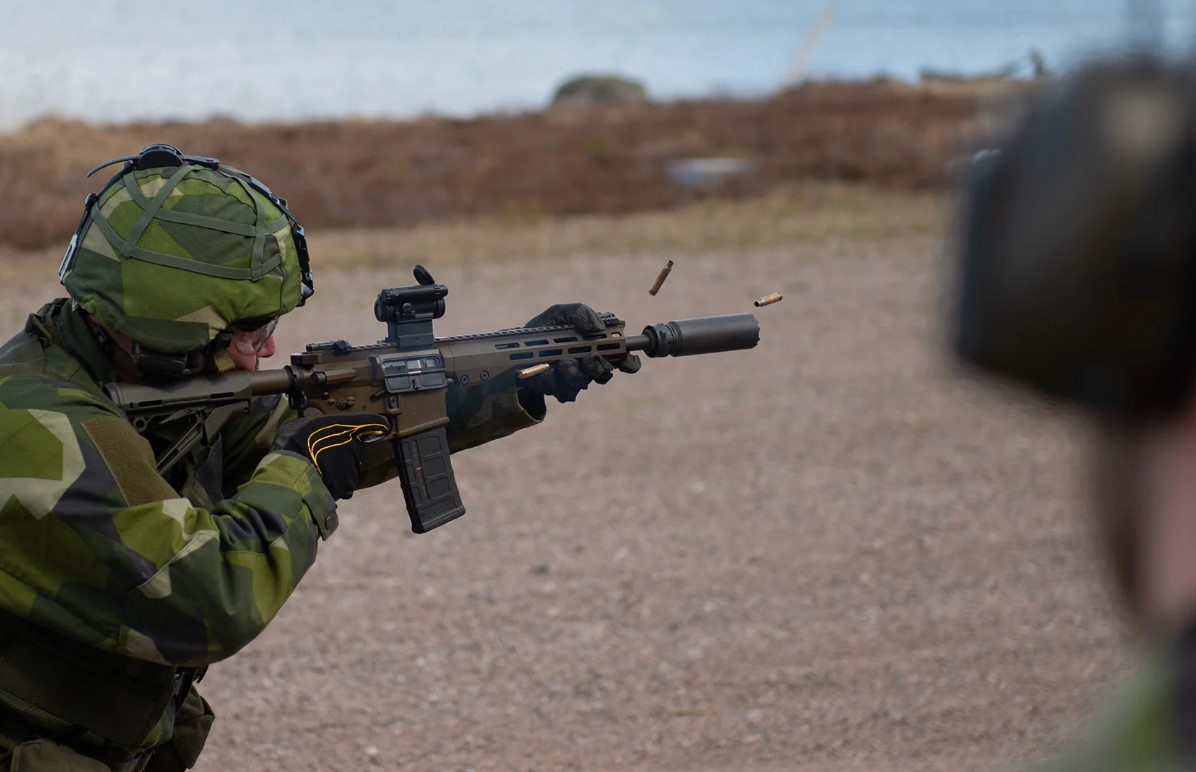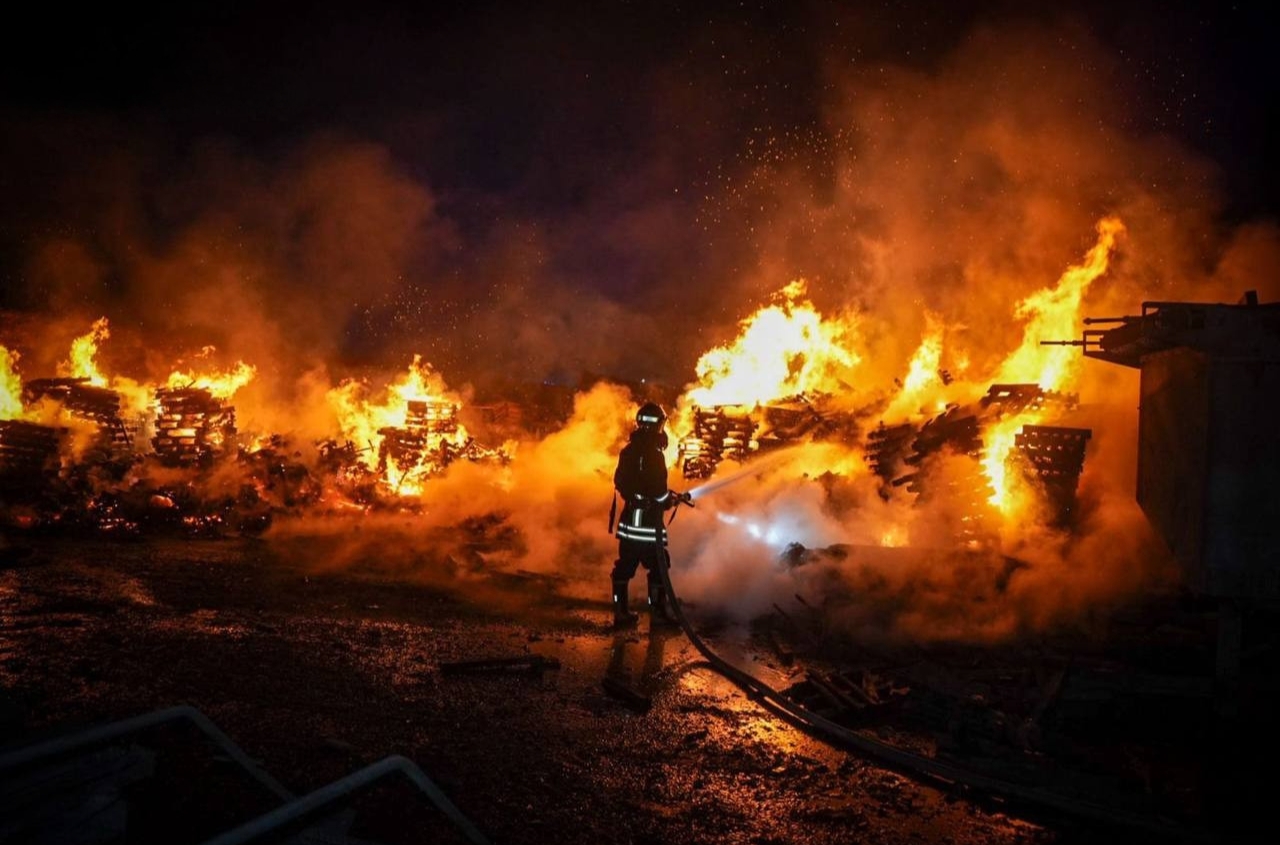Finland has begun to conceal information about arms supplies abroad, as reported by Yle.
Since June 2021, the country’s Ministry of Defense has started issuing export licenses in encrypted form. These documents lack details about the sender, recipient, and the type of weaponry, making it impossible to determine what specific weapons are being sold and to whom. One of the first examples was the export license for drone defense systems to Israel, issued in June 2021. The application was submitted by Sensofusion, a company based in Vantaa, but its representatives declined to comment on the situation.
The Ministry of Defense explains the introduction of secrecy due to changes in the security landscape. Additionally, such measures may be taken at the request of the exporter or the recipient country if it concerns the protection of trade secrets or national security. Ministry representative Riikka Pitkänen emphasized that the decision to classify information is made in accordance with Finnish freedom of information laws and data protection agreements Finland has signed with over 20 countries.
According to Yle, since 2021, Finland has issued 19 encrypted export licenses to eight different countries. One of the countries that officially requested confidentiality is Israel — this is confirmed by internal Ministry of Defense documents reviewed by journalists. However, Pitkänen believes that the encryption practice in such cases is not an exception if the justification is related to national security.
Dr. Kari Paasonen from the Center for Peace and Conflict Studies in Tampere, who studies arms trade, believes this shift toward secrecy is a significant change in policy. He reminded that between 2000 and 2020, Finland issued thousands of export licenses, and all information about them was open. The researcher also noted that it is typically the buyers who insist on maintaining confidentiality.
The Ministry of Defense emphasizes that encrypted licenses make up only a small part of the total number of permits. For example, last year, eight such licenses were issued, despite hundreds of export licenses being issued annually. However, as Paasonen points out, a single permit can include anything from a small part to dozens of armored vehicles, and concealing such information complicates public oversight of arms exports, which is essentially a political decision.






















